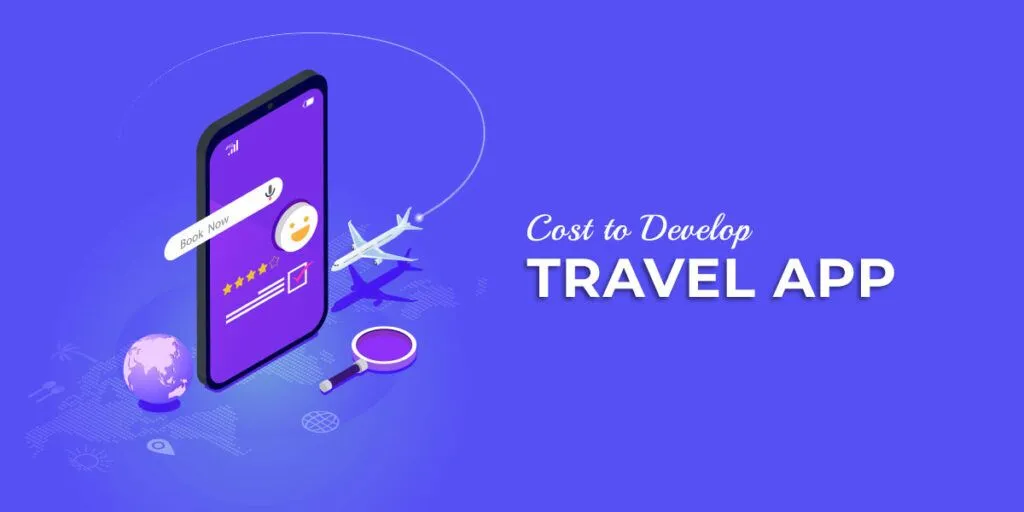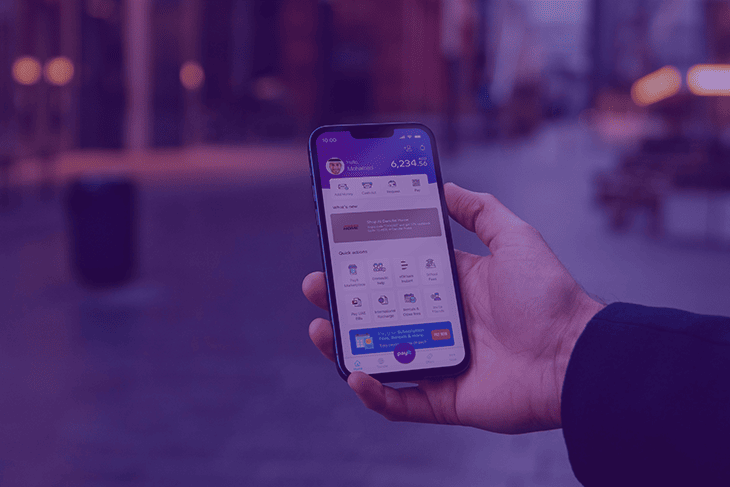Dreaming of launching a travel app as sleek and comprehensive as Travel Dubai? You’re not alone! In today’s digital age, a well-designed and feature-rich travel app can be a game-changer for connecting with tourists and showcasing the best a destination has to offer. However, before you dive headfirst into development, a crucial question needs answering: How much will it actually cost?
The truth is, there’s no one-size-fits-all answer. Developing a travel app like Travel Dubai is a multifaceted project with costs that can vary significantly based on a multitude of factors. Think of it less like buying a ready-made product and more like commissioning a bespoke suit – the final price depends heavily on the materials, the tailor’s expertise, and the level of customization.
Let’s unpack the key elements that will influence the budget for your travel app:
1. The Feature Frenzy: What Will Your App Actually Do?
This is arguably the most significant cost driver. The more features and functionalities you want to integrate, the more complex the development process becomes, and consequently, the higher the price tag. Consider these potential features and their impact on cost:
- Basic Essentials (Lower End of the Budget):
- User registration and login
- Browseable listings of attractions, hotels, restaurants, and activities with basic information (name, address, simple descriptions, images)
- Search and filtering options based on categories and keywords
- Basic map integration for location viewing
- Contact information and links to external booking websites
- Think of this as the foundational layer – informative but not highly interactive.
- Stepping Up the Game (Mid-Range Budget):
- Advanced search filters (e.g., price range, user ratings, specific amenities)
- Interactive maps with points of interest and directions
- User reviews and ratings for listings
- Personalized recommendations based on user preferences or past activity
- Integration with third-party APIs for booking flights, accommodations, and tours directly within the app
- Push notifications for updates and promotions
- Offline access to certain content
- This level offers enhanced user experience and convenience.
- Going All Out (Higher End of the Budget):
- AI-powered personalized recommendations
- Augmented Reality (AR) features (e.g., overlaying information on real-world views)
- Real-time tracking and location-based services
- In-app chat support with AI chatbots or live agents
- Multilingual support
- Currency converter
- Detailed travel itinerary builders
- Integration with local emergency services
- Robust analytics and reporting for app administrators
- This represents a sophisticated and highly engaging user experience.
2. Platform Power: iOS, Android, or Both?
Deciding which platforms you want to target will directly impact your development costs.
- Single Platform (iOS or Android): Choosing to develop for just one platform initially will generally be less expensive than building native apps for both simultaneously.
- Native Development for Both: Creating separate, optimized apps for iOS and Android offers the best performance and access to platform-specific features but comes with a higher cost as you essentially build two applications.
- Cross-Platform Development: Frameworks like React Native or Flutter allow developers to write code once that can be deployed on both iOS and Android. This can be a more cost-effective option initially, but might have limitations in terms of native performance or access to certain platform-specific functionalities.
3. The Look and Feel: UI/UX Design
A visually appealing and user-friendly interface is crucial for a successful travel app.
- Basic Design: Utilizing standard templates and minimal customization will keep design costs lower.
- Custom and Engaging Design: Investing in unique visuals, interactive elements, animations, and thorough user testing will result in a more polished and intuitive app, but will also increase the cost. A well-designed user experience can significantly impact user engagement and retention.
4. Behind the Scenes: Backend Development
The backend infrastructure is the engine of your app, handling data storage, user management, booking processing, and communication with third-party services.
- Simple Backend: For basic apps with limited dynamic content, a simpler backend structure will suffice.
- Complex and Scalable Backend: If your app involves real-time data, numerous integrations, personalized features, and needs to handle a large number of users, a more robust and scalable backend architecture will be necessary, leading to higher development costs.
5. The Team Factor: Who Will Build Your Dream?
The location and expertise of your development team will also play a significant role in the overall cost.
- Freelancers: Hiring individual freelancers can sometimes be more cost-effective, but requires careful management and coordination.
- Development Agencies: Agencies offer a team of specialists (designers, developers, testers, project managers) but typically come with higher rates. However, they often bring more experience and a structured development process.
- Geographic Location: Development rates vary significantly across the globe. For instance, developers in North America and Western Europe generally have higher hourly rates compared to those in Asia or Eastern Europe.
Estimating the Ballpark:
Given the wide range of influencing factors, providing an exact cost is impossible without a detailed understanding of your specific requirements. However, based on industry averages:
- A basic travel app with essential features for a single platform could range from $40,000 to $80,000.
- A more comprehensive app with a moderate set of features for both iOS and Android could fall in the range of $80,000 to $150,000.
- A complex, feature-rich app with advanced functionalities and a highly customized design for both platforms could easily exceed $150,000 and potentially reach $300,000 or more.
Don’t Forget the Ongoing Costs:
The initial development cost is just the beginning. You also need to budget for:
- App Store Submission Fees: One-time fees to list your app on the Apple App Store and Google Play Store.
- Server Maintenance and Hosting: Costs associated with keeping your backend infrastructure running smoothly.
- Bug Fixes and Updates: Addressing any issues that arise and ensuring your app remains compatible with the latest operating system versions.
- New Feature Development: Continuously improving your app and adding new functionalities to keep users engaged.
- Marketing and App Store Optimization (ASO): Efforts to promote your app and increase its visibility in app stores.
Getting a Realistic Quote:
The best way to get a clear understanding of the cost to develop a travel app like Travel Dubai is to:
- Thoroughly define your app’s features and functionalities. Create a detailed specification document outlining everything you want your app to do.
- Decide on your target platforms (iOS, Android, or both).
- Gather inspiration for the design and user experience you envision.
- Reach out to several reputable mobile app development companies or experienced freelancers. Share your requirements and request detailed proposals and quotes.
Developing a successful travel mobile app requires a significant investment of both time and money. By carefully considering the factors outlined above and obtaining detailed quotes, you can navigate the costs effectively and turn your vision into a reality. Good luck on your app development journey!




